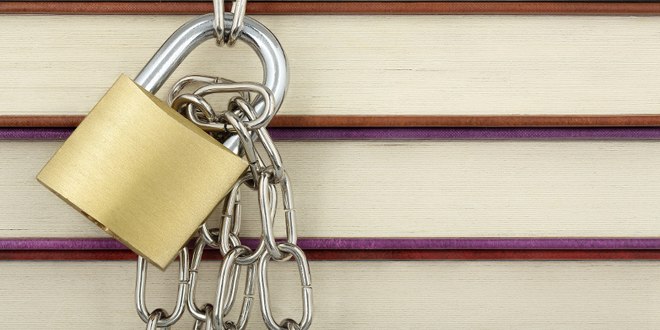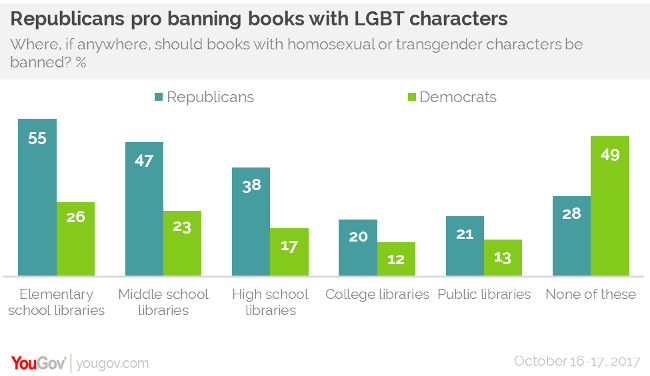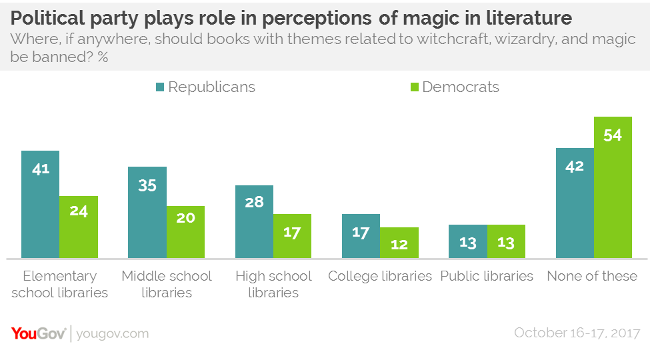Introducing B.O.O.K., the new Bio-Optic Organized Knowledge device.
B.O.O.K
is a revolutionary break-through in technology: no wires, no electric
circuits, no batteries, nothing to be connected or switched on. It's so
easy to use, even a child can operate it. Compact and portable,
it can be used anywhere, even sitting in an armchair by the fire; yet it
is powerful enough to hold as much information as a CD-ROM disc.
Here's how it works: B.O.O.K.
is constructed of sequentially-numbered sheets of paper (recyclable),
each capable of holding thousands of bits of information. The pages are
locked together with a custom-fit device called a binder which keeps
the sheets in their correct sequence. Opaque Paper Technology
(OPT) allows manufacturers to use both sides of the sheet, doubling the
information density and cutting costs. Experts are divided on the
prospects for further increases in information density; for now,
B.O.O.K.s with more information simply use more pages. Each sheet is
scanned optically, registering information directly into your brain. A
flick of the finger takes you to the next sheet.
B.O.O.K. may be taken up at any time and used merely by opening it. B.O.O.K.
never crashes or requires rebooting, though, like other devices, it can
become damaged if coffee is spilled on it and it becomes unusable if
dropped too many times on a hard surface. The "browse" feature allows
you to move instantly to any sheet, and move forward or backward as you
wish. Many come with an "index" feature, which pinpoints the exact
location of any selected information for instant retrieval.
An
optional "B.O.O.K.mark" accessory allows you to open B.O.O.K. to the
exact place you left it in a previous session -- even if the BOOK has
been closed. B.o.o.k.marks fit universal design standards; thus, a
single bookmark can be used in B.O.O.K.s by various manufacturers.
Conversely, numerous B.O.O.K.markers can be used in a single B.O.O.K.
if the user wants to store numerous views at once. The number is limited
only by the number of pages in the B.O.O.K. You can also make personal
notes next to B.O.O.K. text entries with optional programming tools, like Portable Erasable Nib Cryptic Intercommunication Language Styli
(P.E.N.C.I.L.S.).
Portable, durable, and affordable, B.O.O.K. is
being hailed as a precursor of a new entertainment wave. B.O.O.K.'s
appeal seems so certain that thousands of content creators have
committed to the platform and investors are reportedly flocking to
invest. Look for a flood of new titles soon.
+ El libro, dice Umberto Eco, es como la rueda: una vez
inventado no se puede hacer nada mejor. Cada 23 de abril, cuando se conmemora el Día del Libro, hace regresar la polémica sobre la agonía de este producto, a punto de
ser arrojado al basurero de la historia, según sus enemigos.
En una obra reciente (Nadie acabará con los libros), Eco y J. C. Carrière conversan sobre ese asunto y se preguntan por los efectos de la rápida caducidad de los nuevos soportes (vídeo, cedé, DVD). Esa caducidad impide ver lo que compramos hace 10 años con los reproductores actuales, en contraste con la facilidad con que la continuidad del soporte libro permite leer uno escrito hace siglos.
Circula por la red este vídeo descacharrante sobre la última novedad en materia de lectura, un producto caracterizado por no necesitar cables, circuitos ni baterías, utilizable en cualquier lugar, que puede ser escaneado ópticamente para ser registrado directamente por el cerebro, y cuyo nombre es B.O.O.K.
Puede ser una fantasía de nostálgicos, pero es cierto que las cerillas hubieran sido consideradas un gran adelanto de haberse inventado después, y no antes, que los mecheros. Además, también se auguró el fin de la pintura con la fotografía, el del teatro con el cine, y el del cine con la televisión; y fallaron las casandras. Por lo demás, incluso si el libro de papel desapareciera, seguirían siendo necesarios los escritores, lo cual es una garantía de continuidad. Como advirtió Bertolt Brecht a los generales, sus bombarderos necesitan hombres que los piloten. No existen máquinas capaces de escribir libros digitales.
Artículo relacionado: Quiero leer en papel












